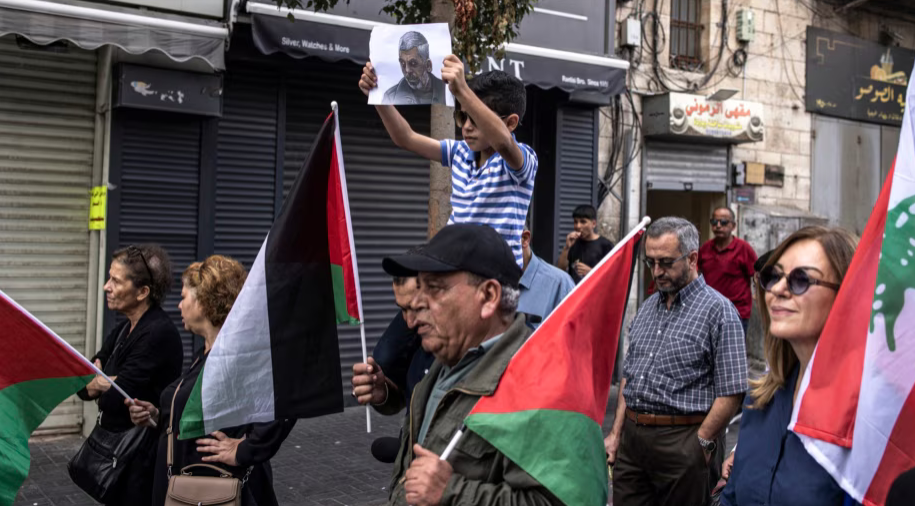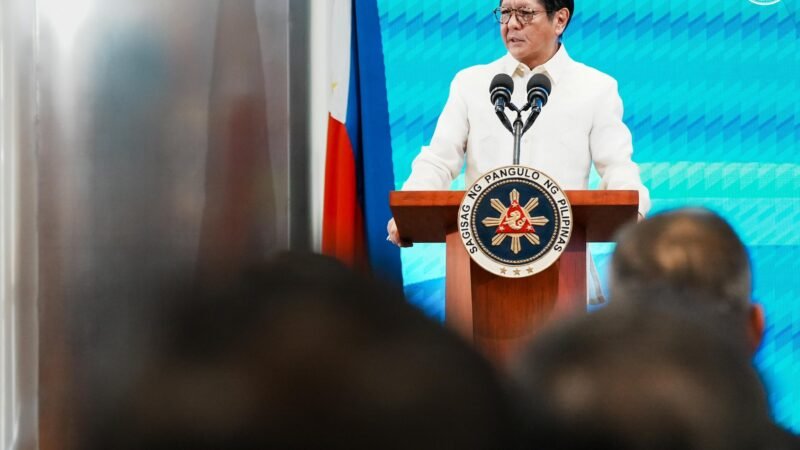Death of Hamas Leader Yahya Sinwar sparks Hezbollah escalation
The death of Yahya Sinwar, a key Hamas leader and architect of the October 7 attack on Israel, marks a critical turning point in the ongoing Gaza war. Sinwar, who masterminded the deadly attack that led to the current conflict, was confirmed dead by the Israeli Defense Forces (IDF) on Thursday, October 17.
Yahya Sinwar’s Role in the Conflict
Yahya Sinwar, aged 61, had been one of Hamas’ most influential figures. His leadership in Gaza and involvement in orchestrating major attacks, including the October 7 incident where Hamas militants killed 1,200 people and took 250 hostages, made him a prime target for Israeli forces. The IDF revealed that Sinwar was killed in an operation in southern Gaza, although the encounter was reportedly accidental. The confirmation of his death came after DNA and dental record verification.

Hamas Confirms Sinwar’s Death
On Friday, Hamas officially confirmed Sinwar’s death through a televised statement by Khalil Hayya, head of Hamas in Gaza. Hayya honored Sinwar as a “fallen martyr” and praised his dedication to the Palestinian cause. He declared that captives held by Hamas in Gaza would not be released until Israeli forces halt their attacks and withdraw from the region.
Hezbollah’s Reaction: Escalation Threats
In a significant development, Hezbollah, another key player in the region and ally of Hamas, announced a shift toward a more aggressive stance against Israel. Though their statement did not directly mention Yahya Sinwar, Hezbollah vowed to intensify their confrontation with Israel. This escalation poses a greater risk of broader regional conflict, especially in northern Israel and southern Lebanon, where clashes between Hezbollah and Israeli forces have been frequent.
Global Reactions
Yahya Sinwar’s death has been met with reactions from world leaders. U.S. President Joe Biden described it as “a moment of justice,” pointing out Sinwar’s responsibility for the deaths of Americans, Israelis, Palestinians, Germans, and others. Biden urged Israeli Prime Minister Benjamin Netanyahu to seize this moment as an opportunity for peace in Gaza, envisioning a future without Hamas.
U.S. Defense Secretary Lloyd Austin echoed similar sentiments, highlighting the potential for change in Gaza now that Sinwar is no longer in the picture.
Israel’s Response and Military Actions
In response to the growing threat from Hezbollah, the IDF announced the mobilization of an additional reserve brigade for northern Israel. The IDF also reported ongoing military operations in southern Lebanon, targeting Hezbollah strongholds and infrastructure. Airstrikes have destroyed key Hezbollah installations, including regional headquarters from which attacks on northern Israel were launched.
Casualties and Humanitarian Crisis
The Gaza conflict has seen high civilian casualties on both sides. According to the Gaza Health Ministry, over 42,500 Palestinians have been killed since the conflict began, though these figures do not distinguish between militants and civilians. Meanwhile, Israel continues its search for hostages, with 101 believed to still be in captivity, including 35 confirmed dead.
The war has also triggered a massive humanitarian crisis in Gaza, with nearly 75% of the population displaced and on the brink of famine, as per the United Nations.
The killing of Yahya Sinwar is a significant blow to Hamas, but it also signals the potential for further escalation in the region, with Hezbollah promising more aggressive action. As international leaders urge restraint and a path toward peace, the situation in Gaza and the wider region remains volatile.
Key Takeaway: Yahya Sinwar’s death has created a moment of uncertainty and possible change, but it also carries the risk of escalating violence, particularly with Hezbollah’s latest threats against Israel.



